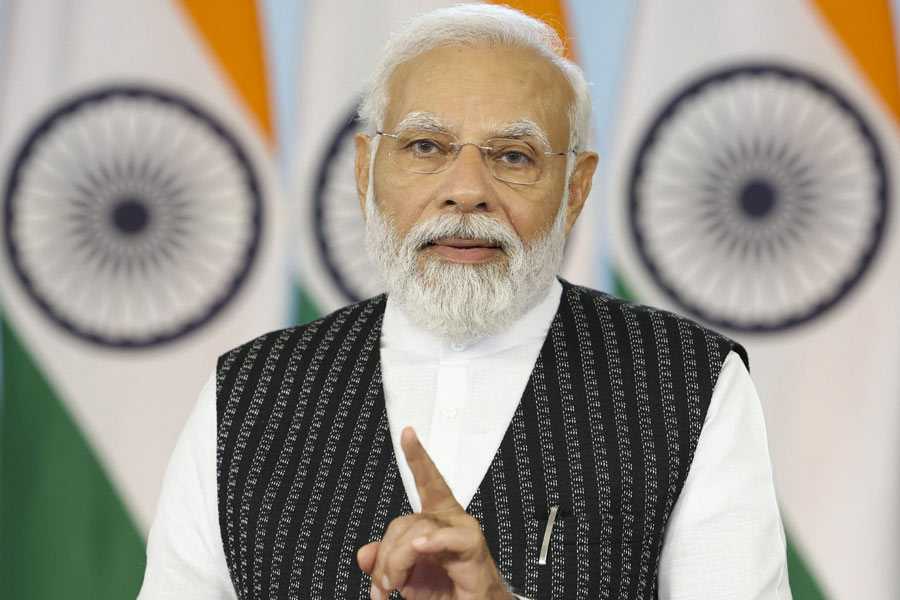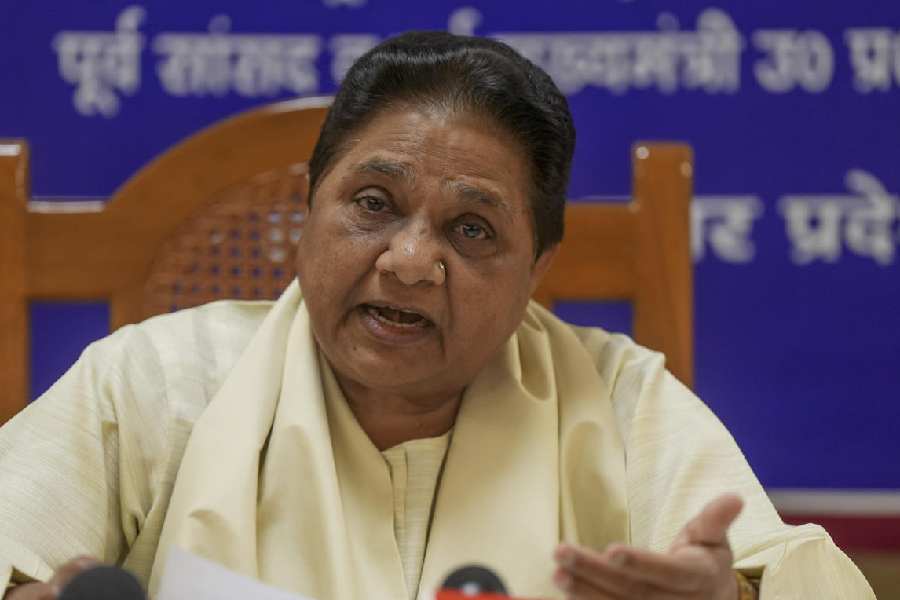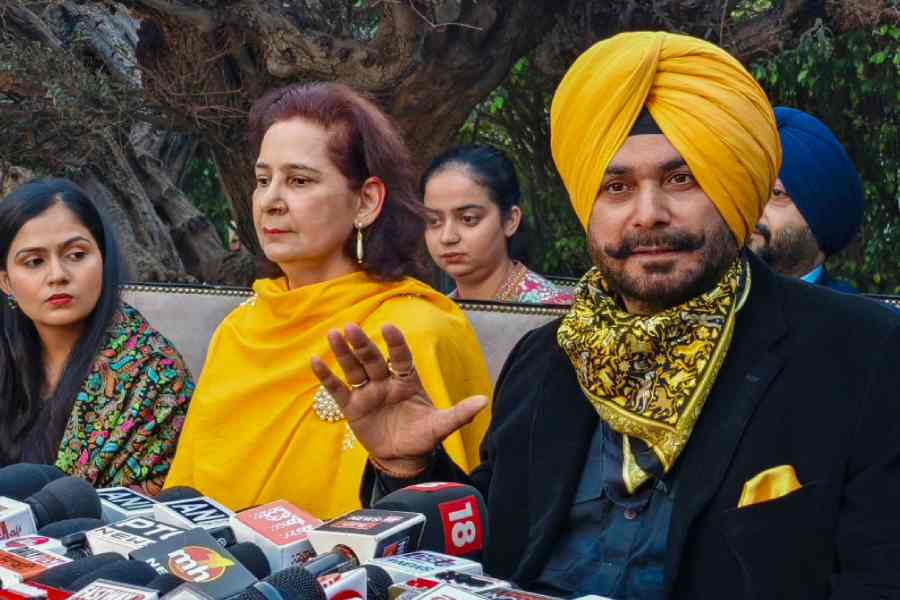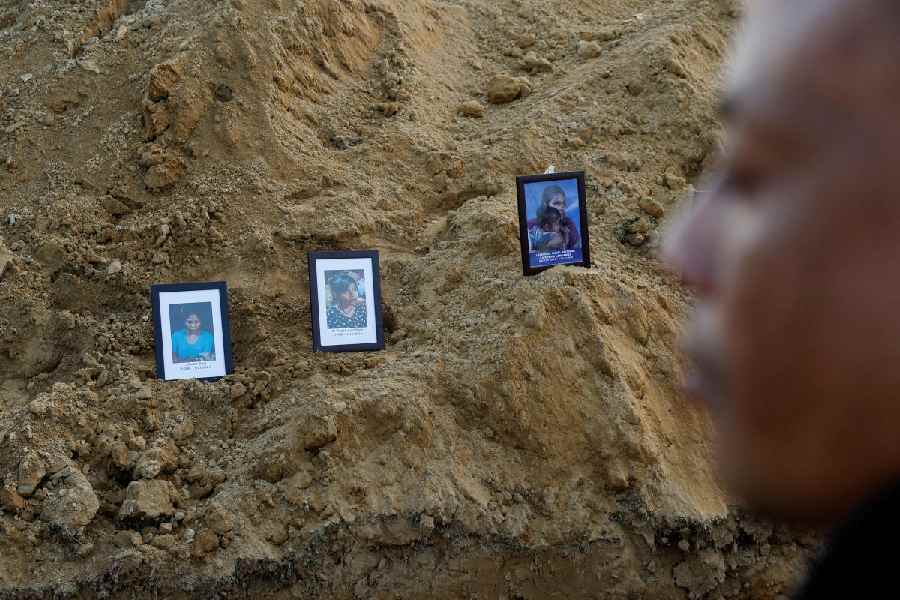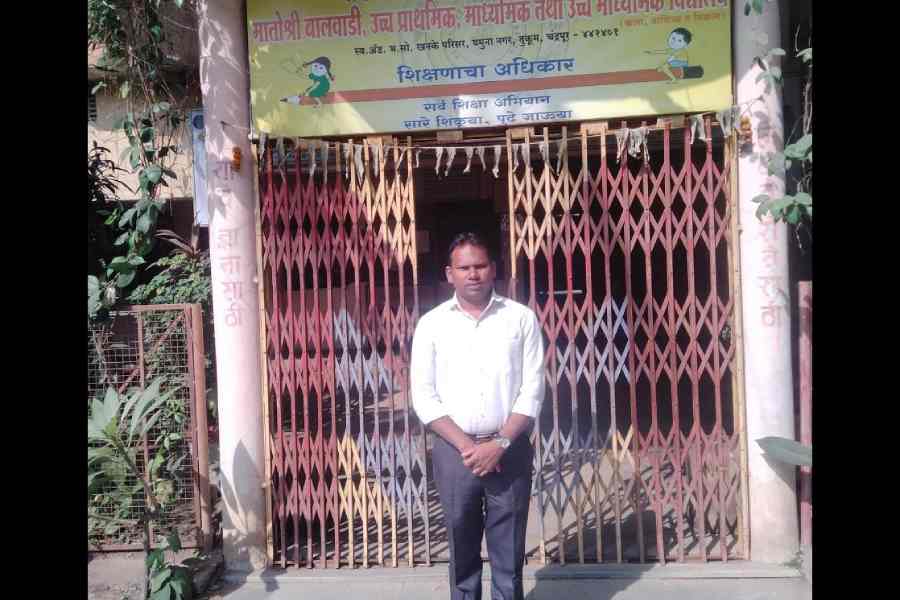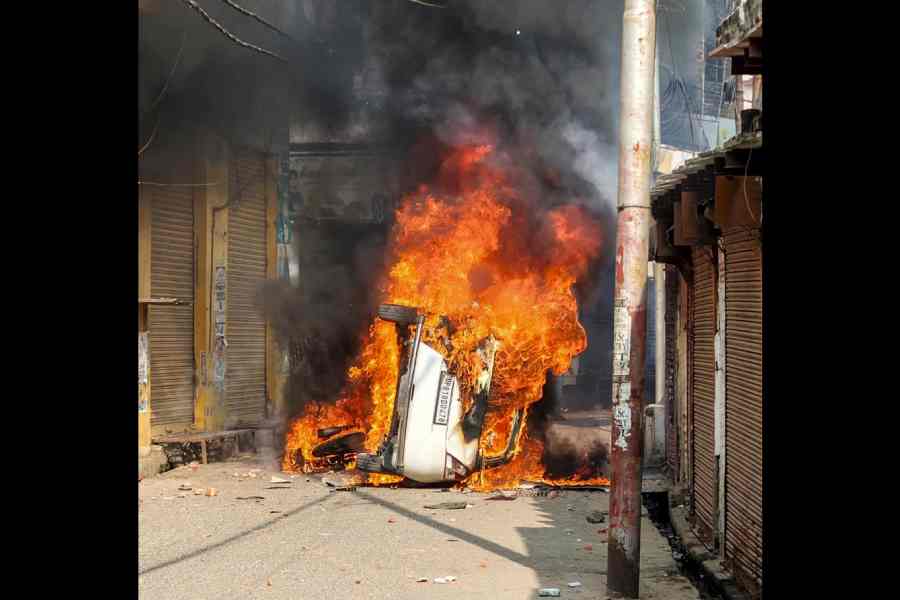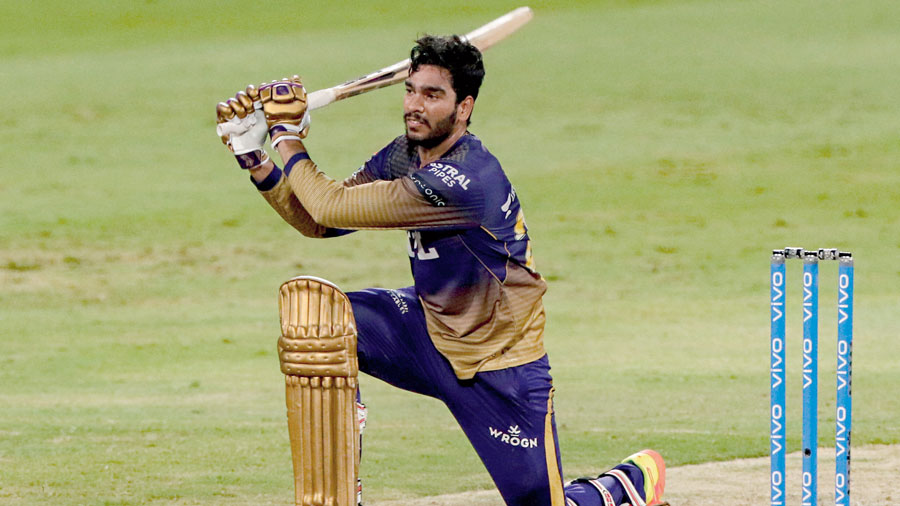When Prime Minister Narendra Modi led a procession of Hindu priests from Tamil Nadu to install the “sacred” sengol, a Chola-style sceptre, in the new Parliament building last month, he may have had objectives beyond furthering the cause of Hindutva.
Sources in the ruling establishment said Modi was seriously considering contesting the Lok Sabha polls next year from a constituency in a southern state, preferably Tamil Nadu.
The idea, they said, is to prove that Modi is equally popular south of the Vindhyas and boost the BJP’s fortunes in a region that has largely been indifferent to the saffron surge in the north and west.
If Modi picks a southern seat to contest from, it will be a second seat for him, for he will also contest from his current constituency of Varanasi, the sources emphasised.
Modi had contested from two seats, Vadodara and Varanasi, in 2014 while opting only for Varanasi in 2019.
One constituency in Tamil Nadu that the BJP is saidto be tentatively considering for Modi is Ramanathapuram, in which the Hindu pilgrimage site of Rameswaram falls.
Modi had himself last year stressed the religious link between Kashi (Varanasi) and Rameswaram, underlining that both are abodes of Lord Shiva and saying that “Tamil Nadu is the Kashi of the south”.
Rameswaram is also close to the Adam’s Bridge, a chain of limestone shoals between India and Sri Lanka that some Hindus consider to be the bridge that Ram’s army built to Lanka — a belief that a BJP candidate can milk.
The second constituency under consideration is Kanyakumari, the lone seat the BJP had won in 2014 but lost in 2019. The party believes that a win for Modi here will buttress its narrative about the Prime Minister uniting the country from Kashmir to Kanyakumari.
Union home minister Amit Shah had dropped a hint last week by saying, at a closed-door meeting with party functionaries in Chennai, that the BJP wanted to see a Tamilian as Prime Minister in the future.
At a rally in Vellore later, Shah had played up the Tamil symbolism of Modi’s installation of the sengol, appealing to the people of the state to hand the NDA 25 seats in next year’s general election “to thank him (Modi) for the sengol”.
“Once Modiji gets elected from Tamil Nadu, he becomes a Tamilian. As MP from Varanasi, he is a ‘Kashiwala’ and a ‘UPwala’,” a party leader reasoned.
BJP leaders in Delhi said Modi had been preparing the ground in Tamil Nadu since 2019 when he invited Chinese President Xi Jingping to a summit meeting in Mamallapuram.
Late last year, Modi organised a month-long “Tamil Kashi Sangamam” in his constituency to “celebrate the age-old links betweenTamil Nadu and Kashi (Varanasi)”.
In his address at the event, Modi said: “Kashi and Tamil Nadu are timeless centres of culture and civilisation. Kashi is of Lord Vishwanath and Tamil Nadu is blessed by Lord Rameswaram.... Tamil Nadu is the Kashi of the south.”
A similar event was organised early this year in Saurashtra, in Modi’s home state of Gujarat, to again stress the “age-old links” between the two states.
Modi had as Gujarat chief minister in 2010 held an event in Madurai to celebrate the cultural links between Gujarat and Tamil Nadu.
After the Kashi Tamil Sangamam, the BJP machinery carefully spread a “rumour” about Modi planning to contest from Tamil Nadu, with party insiders saying it was a way of testing the waters and preparing the public.
“There is now a lot of buzz in Tamil Nadu about Modi contesting from the state and the feedback we are receiving is encouraging. We are confident that Modi will not just win but help the BJP pick up quite a few seats in the state,” a BJP leader from the south said.
Modi apparently believes that a successful foray into Tamil Nadu would not just further the BJP’s ideology of “cultural nationalism” and his slogan of “Ek Bharat Shresth Bharat”, it would help him match or even surpass the wide popular appeal enjoyed by the Nehru-Gandhis.

